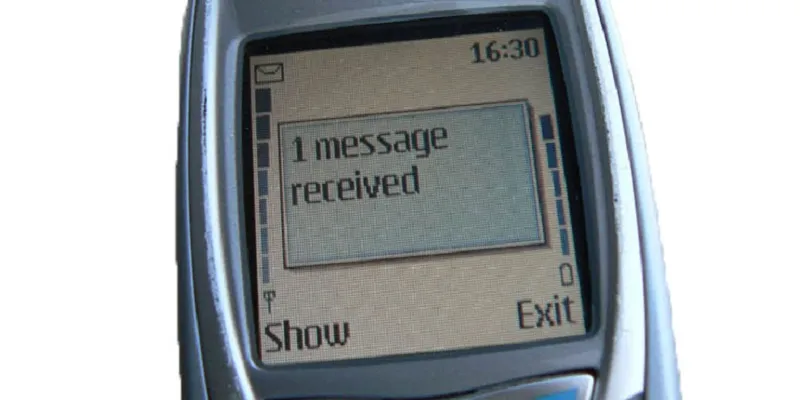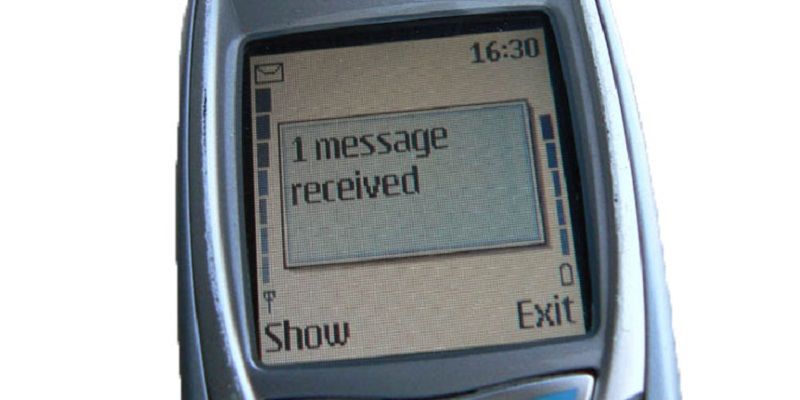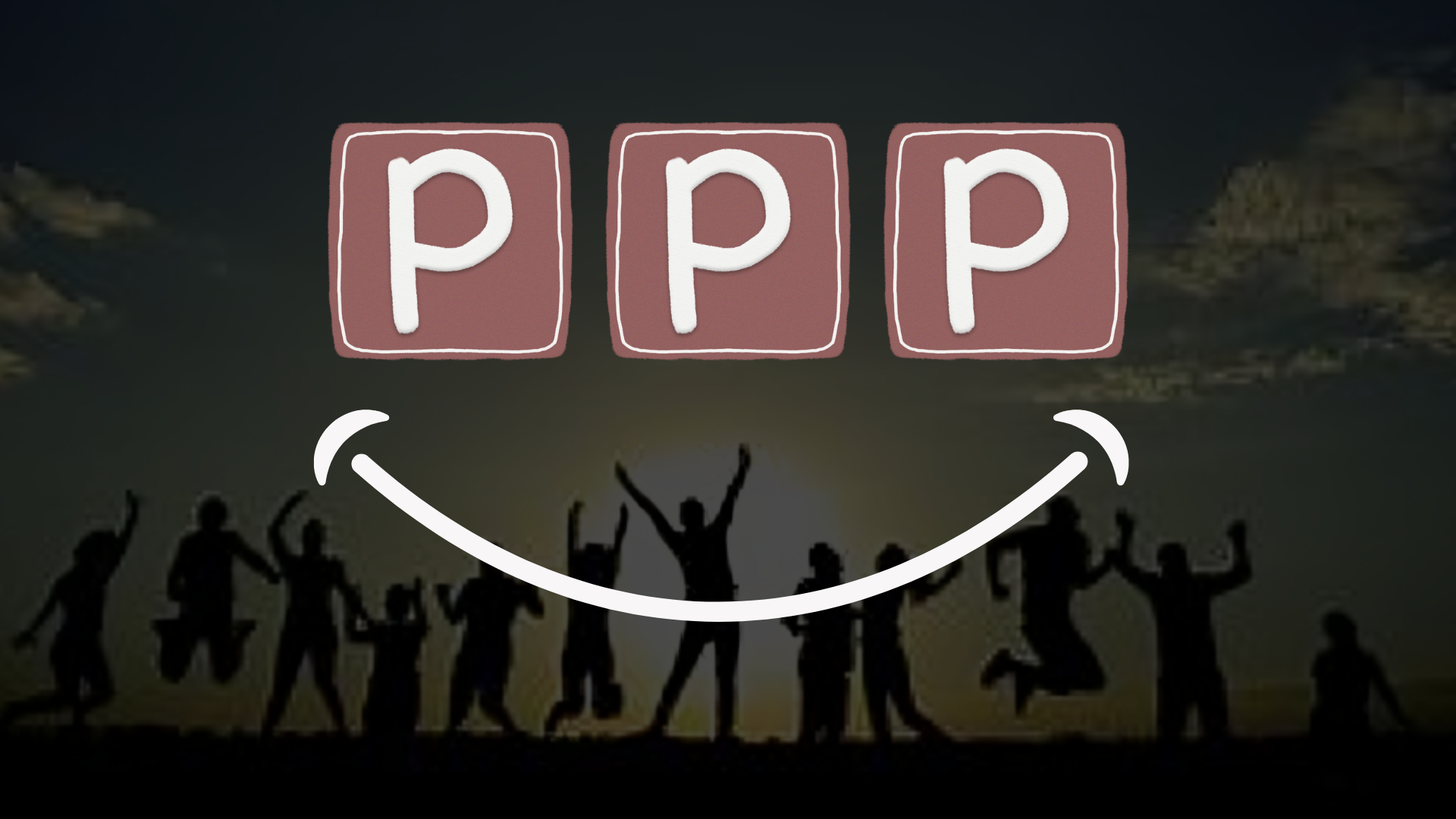Do you think SMS is dead? Tbox and Walnut will make you reconsider

Things have quickly moved from web to the mobile and the usage patterns on the mobile have also been changing rapidly. It wasn't long ago that SMS used to be a key mode of communication on the phone but then came in chat applications and the penetration of data. Most people in technology now look at SMS as a dying phenomenon as things quickly move to the internet. But as Bulk SMS provider Solutions Infini told us in an interview, peer to peer texting might have reduced but SMS still remains a major channel of providing information to the masses (application to peer texts).
And I found testimony for this yesterday when I came across two very interesting startups in this field. At TechSparks, I met Mihir Mohan, a Bangalore based entrepreneur who has started up for the third time after pushing hard with two startups over a span of eight years. His last startup was Unamia which managed to raise funds from AngelPrime but could not ride the eCommerce wave. Mihir told me how he is looking to revamp the way SMS is looked at. We setup a meeting next day to discuss more about Tbox, Mihir's app which has been under production for 8 months now.
In essence, TBOX is a mobile app that helps you:
- Clean your SMS inbox
- Organize and manage promotional messages
- Display SMS messages in user-friendly format
SMS is an entity which is pretty much neglected. The use case for Tbox becomes strong when you use the app. Things like finding an IRCTC ticket, search facility with the inbox, the lack of any kind of categorization with messages, etc. are things you can live with but the difference is huge once you see them clean and efficient. Once you see how The value proposition becomes clear on usage. Here's a video about Tbox:
And almost 12 hours later, at the stroke of midnight, I came across a Twitter thread that introduced me to Amit Bhor's Walnut App. Amit is a computer science engineer and has over a decade of experience as a technologist. He started up Walnut to re-imagine the inbox. Walnut auto-magically tracks banks, credit cards, bills, and a lot more.
I've always believed that an idea sprouts at multiple places in one instant and is strong enough at a handful of places where the idea manifests. TBox and Walnut seem to be those two which have gone beyond the execution phase. Walnut is positioned as a personal digital assistant and is always in auto-mode to deeply understands the SMS Inbox. It provides intuitive visualizations and smart insights.
The positioning of the two apps is a bit different but the core is same- based on top of the SMS. TBox is more of an SMS inbox management app while Walnut is more of a personal assistant. Tbox intends to get into expense management at a later stage as there are some expenses which are not tracked on SMS (like the transactions made by cash). And on the other hand, Walnut doesn't bother about categorizing personal messages, it has taken the safer route of just going after sorting the business messages.
Both TBox and Walnut are in a very early stage yet but both have arrived at a solution which is valuable. TBox is being made out of Bangalore while Walnut is being made from Pune. Analysing and categorizing all merchants, etc is a tough ask and needs a lot of space to duplicate and store data. For TBox, the challenge is to compete with the default SMS application and convince users to move but for Walnut, they only need permission from the user to go through the messages to get started.
Mihir tells me that SMS is mainly an India and SE Asia problem but a huge one at that. Alex Kinch in this article about messaging mentions, messaging apps have been an area of growth that has outpaced the revenue decline due to less peer to peer messaging. Application-to-person (A2P) SMS, has been increasing at a rate of 6% CAGR."
Both the apps have a neat UI with good design sensibilities going behind them. Just out of the blocks, both the apps have reopened an interesting space which has room for innovation. Try out both these apps, tell us what do you think about them?











